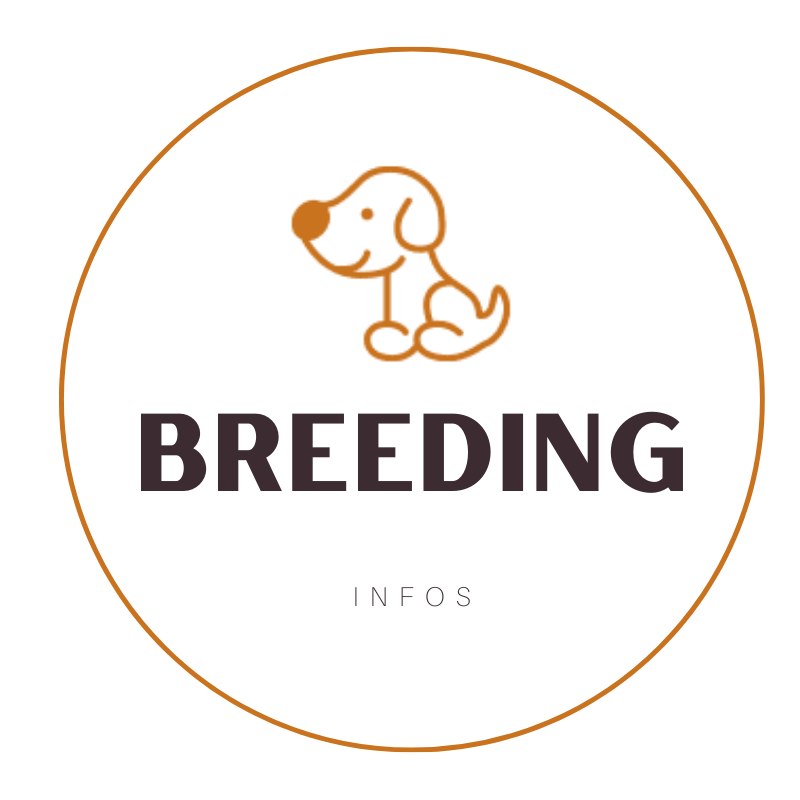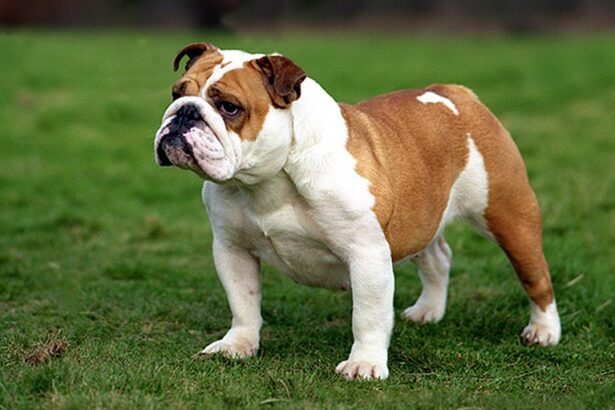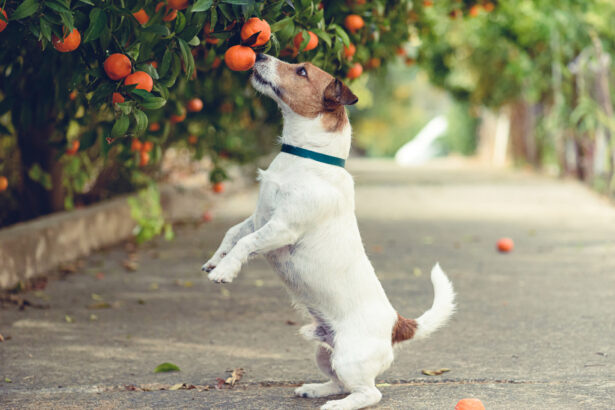Grits are a popular Southern dish made from ground corn, and they are enjoyed by many humans for their versatility and comforting taste. But as a dog owner, you may be wondering whether it’s safe to share this dish with your furry friend. Can dogs eat grits? In this blog post, we’ll explore the topic of feeding grits to dogs, including the benefits and potential risks, to help you make an informed decision about including grits in your dog’s diet.
What Are Grits?
Grits are a staple in Southern cuisine and are made by grinding dried corn kernels into a coarse or fine texture. They are typically cooked with water or milk to create a creamy, porridge-like consistency. Grits can be served as a side dish or even as a main course, often paired with cheese, butter, or various toppings.
Are Grits Safe for Dogs?
While grits are not toxic to dogs, they are not an ideal choice as a regular part of their diet. Here are some key points to consider when it comes to feeding grits to your furry friend:
Nutritional Value: Grits are primarily carbohydrates and lack the essential nutrients that dogs need for a balanced diet. Dogs require a diet rich in protein, healthy fats, vitamins, and minerals, which grits do not provide in significant amounts.
Caloric Density: Grits can be calorie-dense, which means they can contribute to weight gain if fed in excess. Maintaining a healthy weight is crucial for your dog’s overall well-being, so be mindful of portion sizes.
Potential Allergies: Some dogs may be sensitive or allergic to corn, which is the main ingredient in grits. Allergic reactions can manifest as digestive issues, skin problems, or other health concerns.
Preparation and Toppings: The way grits are prepared and served can also affect their suitability for dogs. Grits prepared with butter, cheese, or other seasonings may be too rich or contain ingredients that can be harmful to dogs.
Feeding Grits in Moderation
If you’re considering giving your dog a small taste of plain, unseasoned grits, it’s generally safe to do so as an occasional treat. However, it should not be a regular part of their diet. Remember to:
Serve in Small Portions: Offer a small amount of plain, unsalted grits to your dog as an occasional treat rather than a significant portion of their meal.
Monitor for Allergic Reactions: Watch for any adverse reactions, such as upset stomach, diarrhea, or itching, after giving your dog grits. If you notice any issues, discontinue feeding them.
Avoid Toppings: Skip the butter, cheese, or other toppings when sharing grits with your dog, as these additives can be unhealthy or even harmful.
Certainly, let’s delve further into the importance of a balanced diet for your canine companion.
The Key to a Healthy Dog: A Balanced Diet
A balanced diet is the cornerstone of your dog’s health and vitality. To keep your furry friend in optimal condition, it’s crucial to understand their dietary requirements. Here are some fundamental principles of a balanced diet for dogs:
Protein: Dogs are omnivores with a primarily carnivorous digestive system. High-quality protein sources are essential for muscle development, immune function, and overall energy. Look for dog food that lists a meat source as the primary ingredient, such as chicken, beef, or fish.
Fats: Healthy fats, like those found in fish oil or flaxseed, provide essential fatty acids that support your dog’s skin, coat, and overall health. They also aid in the absorption of fat-soluble vitamins.
Carbohydrates: While dogs don’t require as many carbohydrates as humans, they can benefit from complex carbohydrates like brown rice, sweet potatoes, and vegetables. These provide fiber and energy.
Vitamins and Minerals: Your dog needs a balance of vitamins and minerals, including calcium, phosphorus, and potassium. These nutrients contribute to strong bones, proper muscle function, and overall well-being.
Water: Access to fresh, clean water is vital for digestion, circulation, and temperature regulation. Ensure your dog always has a supply of clean water available.
Avoid Harmful Foods: Certain foods, like chocolate, grapes, onions, and alcohol, are toxic to dogs and should be strictly avoided. Additionally, highly processed or overly seasoned foods can upset their stomachs.
Portion Control: Maintaining an appropriate weight for your dog is crucial to their health. Be mindful of portion sizes and consult your veterinarian for guidance if you’re unsure about the right amount to feed your dog.
Consult Your Vet: Every dog is unique, and their nutritional needs can vary based on factors like age, size, and activity level. Regular check-ups with your veterinarian will help ensure you’re meeting your dog’s specific dietary requirements.
Conclusion
While sharing a small amount of plain grits with your dog on occasion can be a fun and safe treat, remember that their primary diet should consist of high-quality dog food that meets their nutritional needs. A balanced diet plays a pivotal role in your dog’s overall health, longevity, and happiness.
By understanding what’s best for your furry friend and consulting with your vet when in doubt, you can ensure they enjoy a healthy and fulfilling life by your side. Treats and indulgences are part of the joy of having a dog, but they should always be enjoyed in moderation and in the context of a well-rounded diet.
















